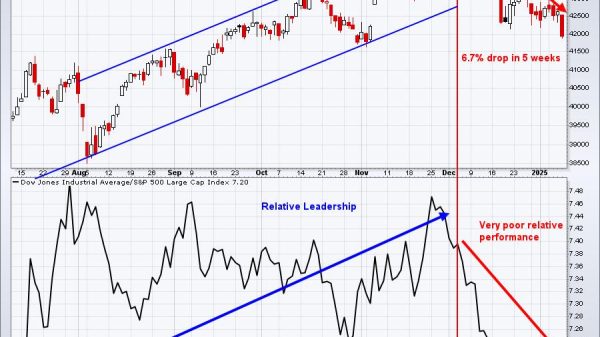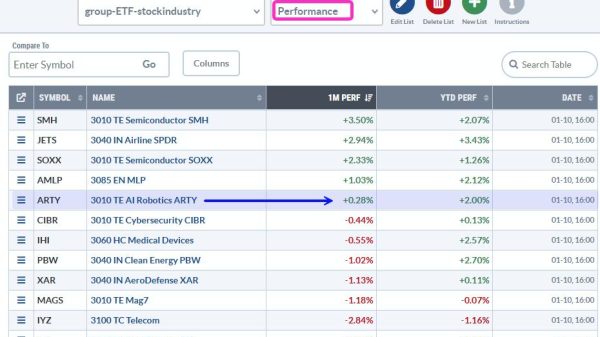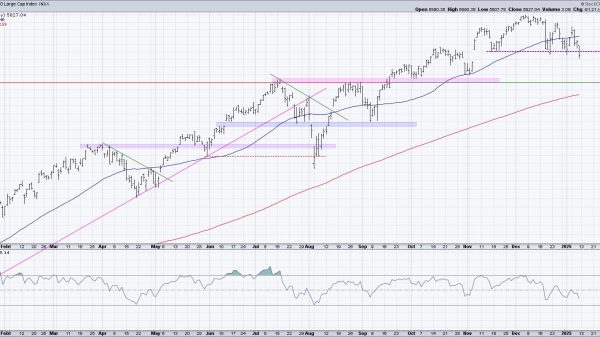Impostor syndrome has become increasingly prevalent in recent years, as pressures to perform well at work have caused higher levels of doubt in one’s ability to do their job.
Recent data from research conducted by financial comparison site NerdWallet has identified the impact this self-doubt can have on work performance, relationships, and more.
The survey found that over three-quarters (78%) had experienced impostor syndrome, with 47% reporting that they were currently experiencing impostor syndrome symptoms at work. Only 22% said that they hadn’t experienced it at all, highlighting how common it is.
Thankfully, those that were experiencing impostor syndrome were most likely to confide in friends and family. Just over half of the business leaders surveyed said they felt comfortable discussing this with their co-workers or employees.
Unfortunately, however, it seems that there is still a stigma surrounding the discussion of impostor syndrome within some sectors, with just 21% of respondents reporting that they had discussed these feelings with their peers or other business leaders.
In terms of the factors that were responsible for triggering feelings of self-doubt, starting out in a new role was the most reported – followed closely by receiving praise in front of colleagues. Some other common triggers were:
Carrying out meetings with team members (49%)
Carrying out performance reviews (47%)
Giving presentations in front of team members (44%)
Being asked questions in front of the wider team (31%)
Whilst impostor syndrome may appear to be a personal issue, it can have severe consequences on work performance and even various aspects of workers’ personal lives.
The survey found that over half (59%) of respondents had either thought about leaving or had left their job due to impostor syndrome, with an additional 31% considering doing so but not yet following through.
The areas that were most affected by impostor syndrome included:
Professional relationships (64%)
Physical health (53%)
Personal finances (51%)
Personal relationships (46%)
Speaking on the results of the survey, NerdWallet’s business finance expert, Connor Campbell, commented “Imposter syndrome has proved to be prominent amongst business leaders and it shows that the pressures of a job can come with both professional and personal consequences.
“The results show that although business leaders are confiding in others about how they feel, there is an opportunity for companies to support their employees with feelings of doubt to ensure they are happy in their roles going forward.
“Dealing with imposter syndrome early may help businesses retain their talent – and keep employees in a job – as the UK economy faces economic uncertainty in 2023 and people think more about their personal circumstances.”
Read more:
Survey reveals over three-quarters of UK business leaders have suffered from impostor syndrome























